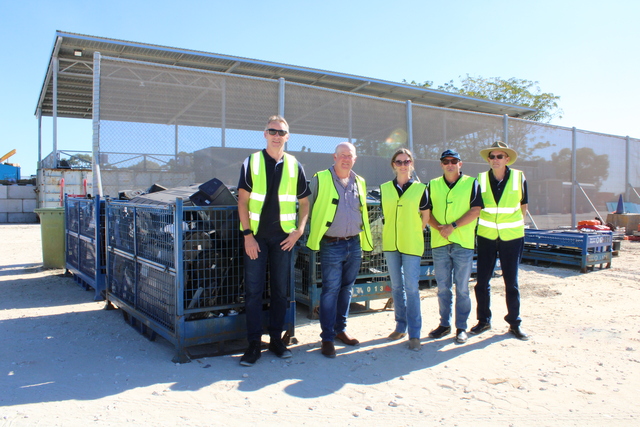With the Senate again rejecting the Federal Government’s Wik Legislation, John Howard can now instigate proceedings to resolve this deadlock between the Houses by calling an election as early as July. Whether this occurs or the Government chooses to run its full term, a Federal election will occur later this year or at the latest by June next year.
Recent matters, not the least being the industrial unrest on the docks where, according to many commentators, the Government has embroiled itself too closely with one side of the dispute may well result in the election being later rather than earlier. However, as the Patrick fiasco hopefully is soon resolved, it is likely the Government will want to divert public attention well away from the divisions created, and what better way to do this than bring tax reform back to the forefront of national attention.
Since the Treasurer announced that tax reform was firmly on the agenda, the Australian Local Government Association has been working to ensure Councils and their communities will not be adversely affected by any changes.
According to Councillor John Campbell, President of ALGA, the Association has been doing everything possible to ensure Local Government is not left out of the process and its concerns are heard. However, at the recent Council of Australian Governments meeting, tax reform was not discussed, rather the States and Federal Governments have been meeting privately to discuss tax issues, without Local Government being involved.
In recent weeks, ALGA has become very concerned by the failure of the Federal Government to rule out a GST on Council rates. During Question Time on 7 April, the Minister for Local Government, Alex Somlyay, stated that the Government, at this stage, will not rule in or out anything that is in the tax reform package.
ALGA asserts that a 12.5 percent GST applied to Councils rates, charges and fees is a ‘tax on a tax’, and estimates this represents an additional cost for ratepayers to the tune of $1.13 billion per annum. This is equivalent to a 20 percent increase in Council property rates. ALGA also points out that, at this stage, it appears no State taxes will incur a GST.
Wanting to be proactive, ALGA believes that the current tax debate is an excellent opportunity to reassess the roles and responsibilities of each of the three spheres of government and how best to provide the necessary resources to meet these commitments.
It is advocating that each Council must have autonomy to freely determine the level of rates required to serve the needs of its community. Further, ALGA believes State Governments should not have access to land taxes, that all property taxes should be the sole domain of Local Government. Moreover, should a GST be introduced, a set percentage of the revenue raised should automatically be returned to local communities via Local Government.
Any change to the tax system must be in the best interests of the whole community. Being the sphere of government closest to the community, Local Government has vital information it is ready and keen to share in the formulation of a reform package. The Federal and State Governments cannot afford to, and must not, lock Local Government and their communities out of this important policy development.







